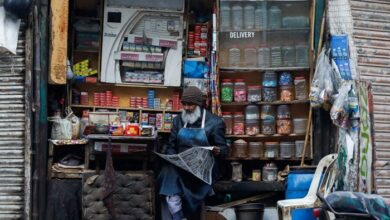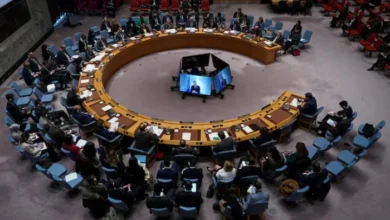Men who wish to marry Chitrali women now have to apply for no-objection certificates in a new rule that will protect the women from bride-dumping, abuse and even murder.
Last week the Khyber Pakhtunkhwa Assembly unanimously passed this resolution which was presented by member Wazir Zada. It will be voted into law after Eid. (Read the full story here.)
Wazir Zada explained that many non-Chitralis have been taking advantage of the poverty of the Chitrali people, who are, by and large, not affluent. Most of these men have no intention of having long-term relationships. A vicious trend had started of abuse, domestic violence, and even murder.
Two months ago, a 45-year-old Punjabi man from Chiniot named Ejaz murdered the young woman from Chitral he married along with her seven-month-old daughter. She was 24 years old and her name was Nazia.
In Swat, an 18-year-old Chitrali woman was stabbed to death by her husband Amirzada and her father-in-law. The number of cases were so alarmingly high that a committee was set up in 2018 to tackle the menace.
The perpetrators of these crimes are not prosecuted as poor Chitrali parents do not have the means to pursue the cases outside their home district. From now on, police will do background checks on anyone who wants to get marry in Chitral and will inform the Upper and Lower Chitral administration in writing. Wazir Zada urged residents to cooperate with the authorities.
An estimated 30 young women have been recently murdered, according to activist Javed Iqbal who heads Dawat Azemat, an organization for women. The organization helped pass the resolution which is aimed at protecting many young women, particularly underage girls, from being married off to unknown people outside of the district.
One young woman shared her story: She was married against her will. “After a week, I found out that I was the third wife of the groom whose behavior towards me changed. He started beating me every day. My ex-father-in-law also treated me angrily. They were going to kill me but my family rescued me in time.”
Social activist Fareeda Sultana welcomed the decision for NoCs but cautioned that the real work lay in implementing it. She felt that poverty also had to be tackled as it was at the root of the problem.
Chitrali women have been the subject of multiple studies as the area has an extraordinarily high suicide rate. In Ghizer, for example, 15 out of every 100,000 women had committed suicide. The depression rates are high because of poverty, a lack of spousal support and harsh living and climate conditions.






